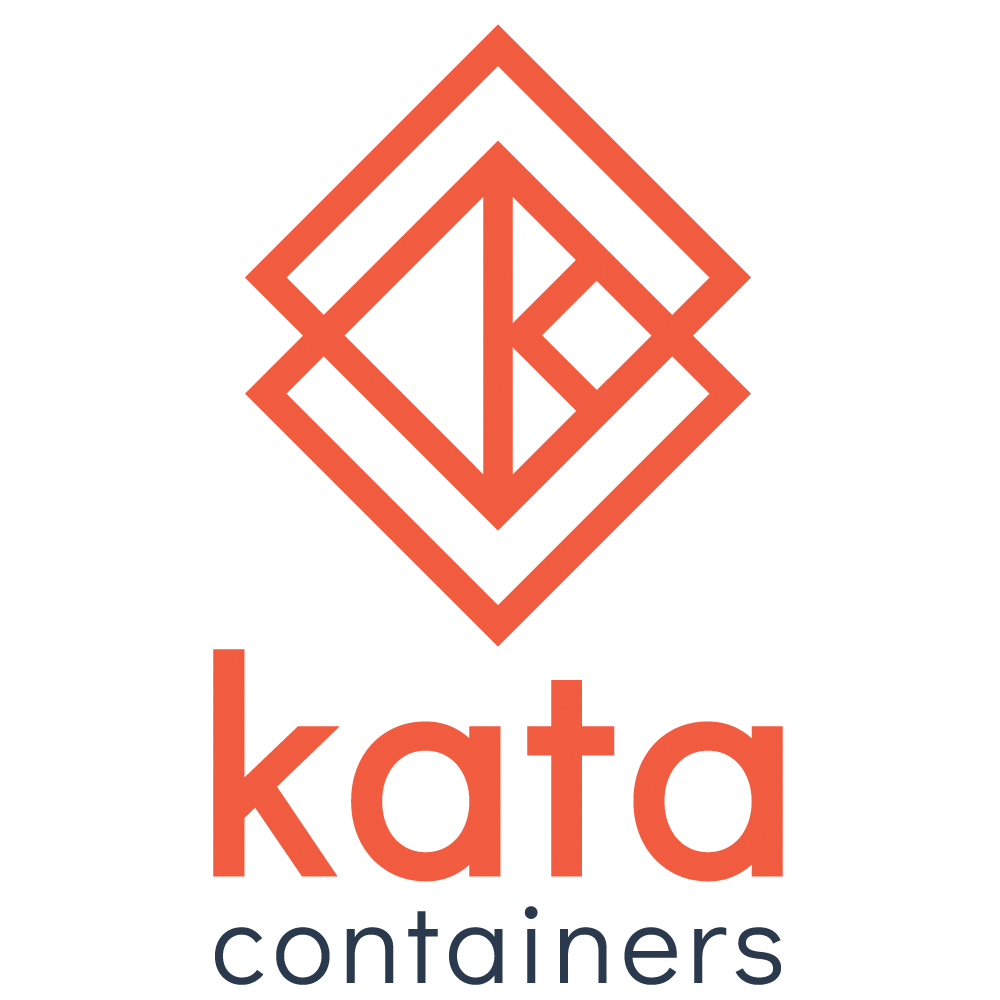When the environment variable $SKOPEO_UMOCI is set to "yes", Skopeo and umoci are built inside the guest build container and installed to the guest rootfs. The respective build- and runtime dependencies are added. This respects the (existing) $LIBC variable (gnu/musl) and avoids issues with glibc mismatches. This is currently only supported for Ubuntu guests, as the system Golang packages included in the versions of other distros that we use are too old to build these packages, and re-enabling installing Golang from golang.org is cumbersome, given especially that it is unclear how long we will keep using Skopeo and umoci. Additionally, when the environment variable $AA_KBC is set, attestation-agent (with that KBC) is included. This replaces some logic in ccv0.sh that is removed. Fixes: #2907 Signed-off-by: Jakob Naucke <jakob.naucke@ibm.com> |
||
|---|---|---|
| .github/workflows | ||
| ci | ||
| docs | ||
| pkg/logging | ||
| snap | ||
| src | ||
| tools | ||
| utils | ||
| .gitignore | ||
| CODE_OF_CONDUCT.md | ||
| CODEOWNERS | ||
| CONTRIBUTING.md | ||
| Glossary.md | ||
| LICENSE | ||
| Makefile | ||
| README.md | ||
| utils.mk | ||
| VERSION | ||
| versions.yaml | ||

Kata Containers
Welcome to Kata Containers!
This repository is the home of the Kata Containers code for the 2.0 and newer releases.
If you want to learn about Kata Containers, visit the main Kata Containers website.
Introduction
Kata Containers is an open source project and community working to build a standard implementation of lightweight Virtual Machines (VMs) that feel and perform like containers, but provide the workload isolation and security advantages of VMs.
Getting started
See the installation documentation.
Documentation
See the official documentation (including installation guides, the developer guide, design documents and more).
Community
To learn more about the project, its community and governance, see the community repository. This is the first place to go if you wish to contribute to the project.
Getting help
See the community section for ways to contact us.
Raising issues
Please raise an issue in this repository.
Note: If you are reporting a security issue, please follow the vulnerability reporting process
Developers
Components
Main components
The table below lists the core parts of the project:
| Component | Type | Description |
|---|---|---|
| runtime | core | Main component run by a container manager and providing a containerd shimv2 runtime implementation. |
| agent | core | Management process running inside the virtual machine / POD that sets up the container environment. |
| documentation | documentation | Documentation common to all components (such as design and install documentation). |
| tests | tests | Excludes unit tests which live with the main code. |
Additional components
The table below lists the remaining parts of the project:
| Component | Type | Description |
|---|---|---|
| packaging | infrastructure | Scripts and metadata for producing packaged binaries (components, hypervisors, kernel and rootfs). |
| kernel | kernel | Linux kernel used by the hypervisor to boot the guest image. Patches are stored here. |
| osbuilder | infrastructure | Tool to create "mini O/S" rootfs and initrd images and kernel for the hypervisor. |
agent-ctl |
utility | Tool that provides low-level access for testing the agent. |
trace-forwarder |
utility | Agent tracing helper. |
ci |
CI | Continuous Integration configuration files and scripts. |
katacontainers.io |
Source for the katacontainers.io site. |
Packaging and releases
Kata Containers is now available natively for most distributions. However, packaging scripts and metadata are still used to generate snap and GitHub releases. See the components section for further details.